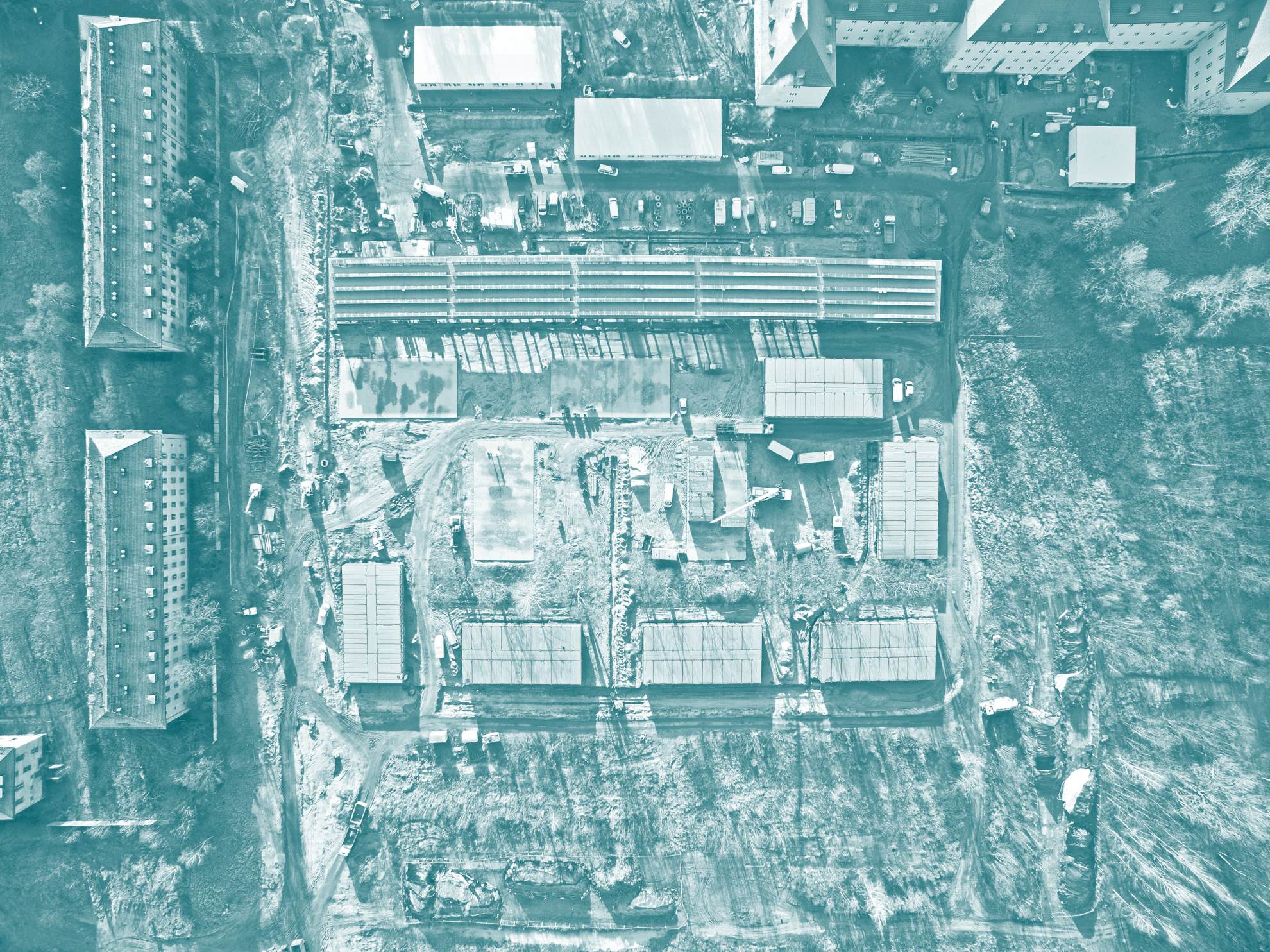17 June 2021 16:50 Postcolonial Nation Building
Modern Architectural Transition in Post-Colonial Bangladesh
Mohona Reza (University of Edinburgh)
The paper will argue that modern architectural endeavours in Bangladesh played an important role in an attempt to seek national identity during the postcolonial cold war period between 1947 and 1971, when the country was known as East Pakistan and was unified with West Pakistan. From the colonial anxiety to the development phase of rebuilding one nation with the two halves of Pakistan, this project will unravel the connections between geopolitical tensions, socio-economical concerns and culture–religion perplexities through an investigation of a series of governmental and institutional buildings located in Bangladesh. The analysis will explore the gradual architectural transformation of colonial buildings in East Pakistan, entering into Modernism during the postcolonial era. This argument will attempt to lay out the architectural transitions in order to understand the making of the nation-state Bangladesh.
The architecture of Bangladesh during the colonial and postcolonial periods not only depicts a spatial transformation but also presents a narrative of awakening from outside supremacy. In an attempt to gain control in the eastern part of the country, the ruling Government of Pakistan sought to appease the subaltern populace by developing the province. These development schemes brought architectural opportunities for both foreign and local architects to explore Modernism within a postcolonial network. The research elicits evidence from the National Archive, the Liberation War Museum, the Ministry of Housing and the Public Works Department in Bangladesh, published literature and documents after independence (1971), interviews with architects, and site visits to demonstrate the infrastructures within a wider field of resources. The methodology covers other sub-disciplines in relation to architectural as well as colonial and postcolonial history, which also draws attention to social, cultural and religious theoretical observation.
Bangladesh entered into colonialism two times, one under the British, another as part of Pakistan. Therefore this research seeks to establish a coherent relationship between the narrative of architecture of two different periods.
Mohona Reza is an architect and architectural historian, pursuing her PhD in Architectural History at the University of Edinburgh. She is passionate about teaching and collaborating with the university as a tutor. Her research focuses on public buildings in Bangladesh during the cold war context of East and West Pakistan between 1947 and 1971. She is interested in the colonial networks of different periods and postcolonial modern architecture, specifically relating to world politics and nation building. Mohona Reza received her Bachelor’s degree in architecture from BRAC University (2014) and a MSc in Architectural History and Theory from the University of Edinburgh (2017). She is keen to associate herself with different activities relating to architecture, publishing and design.
